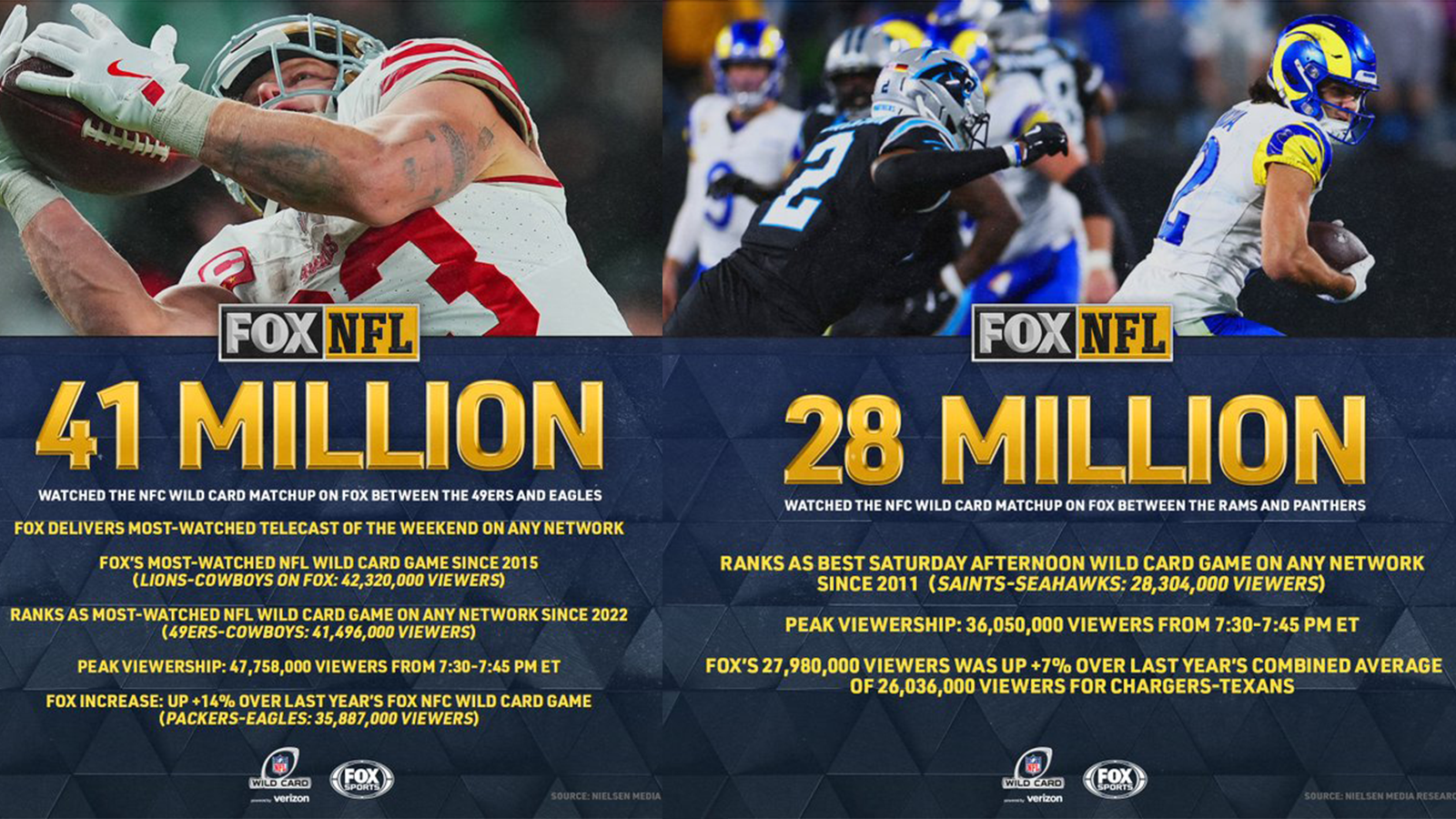HPA 2016: Schubin, Burger Interpret Reality
The professional video industry's #1 source for news, trends and product and tech information. Sign up below.
You are now subscribed
Your newsletter sign-up was successful
INDIAN WELLS, CALIF.—Wednesday morning at the HPA Technology Retreat started with concession, contradiction and tales of copyright antics.
SILVERMAN BOWS
Leon Silverman, whose day job is general manager of Disney’s Digital Studio, started the morning by stepping down as HPA president, literally handing a baton to Seth Hallen, whose career has spanned movie and TV production, software and the combination thereof as senior vice president of Global Creative Services at Sony DADC New Media Solutions.
SCHUBIN ESCHEWS
Then Mark Schubin provided a slide tour of articles countering popular perceptions. Super Bowl streaming, for instance, while ballyhooed for setting records, represented just 1.25 percent of this year’s TV audience. With a slide titled “Stagnation,” he noted the number of U.S. TV households has peaked, that this year’s Super Bowl was down from the last two, and that there has been no growth in the number of U.S. households online since 2013.
He noted the media most used by all demographics is radio.
He made a case for the return of physical media—Amazon starting a brick-and-mortar bookstore and the resurgence of vinyl LPs. He noted the return of the printing camera and Kodak’s reintroduction of Super 8. Then he named a number of major motion pictures shot at least in part on film: “Star Wars: The Force Awakens,” “Jurassic World,” “The Hateful Eight” and others. Oh, and movie theater box office had a record year in 2015.
Yet all is not retro. Schubin spoke about data storage on DNA, which migrates information inherently, and he showed a silicon retina from brain-inspired computing at IBM Research in San Jose, Calif., that would open the door for capturing motion images without frames.
BURGER INTERPRETS
Jim Burger then provided his annual rundown of what in the world is going on in Washington. Burger, a copyright law expert with Thompson Coburn LLC, said the House Judiciary has held more than 20 copyright hearings, but to no apparent avail.
“I couldn’t tell any basis for change, but they keep holding them,” he said.
What has been determined by the courts, however, is that a chimpanzee cannot hold a copyright to his selfies, Aereo and FilmOn still can’t redistribute broadcast TV content online, while Google can digitize 20 million university library books, and Cox Communications has to pay $25 million for not having a takedown policy.
On the Internet front, Burger noted the FCC reclassified broadband to impose network neutrality and is now facing 11 petitioners representing 39 companies, associations and individuals, in the D.C. Circuit Court.
Burger spoke briefly about the upcoming television spectrum incentive auction, about which the known unknowns outweigh all other factors.
The argument over whether or not an Aereo or a FilmOn is a cable provider continues, while the federal effort to commercialize the cable set-top box remains stalled because content is still work a lot of money.
Burger also follows drone regulation, a J.J. Abrams interprets Henry James sort of affair in overtime. Rules governing unmanned aerial vehicles for commercial use were due last September. The Federal Aviation Administration is handing out waivers—3,100 so far—while it continues pounding out rules. Meanwhile, drones have been crashing on the White House lawn with some regularity. The FAA consequently made D.C. a drone no-fly zone.
And then, there is the story of Troy Haupt, a North Carolina man who owns the only known recording of the very first Super Bowl game in 1967. Haupt’s father recorded it on two-inch tape on a Quadruplex reel-to-reel recorder, while the NFL lost all copies. Haupt offered his for $1 million. The NFL countered with $30,000 and threatened to sue him for infringement if he “exploits” the tape.
The professional video industry's #1 source for news, trends and product and tech information. Sign up below.
